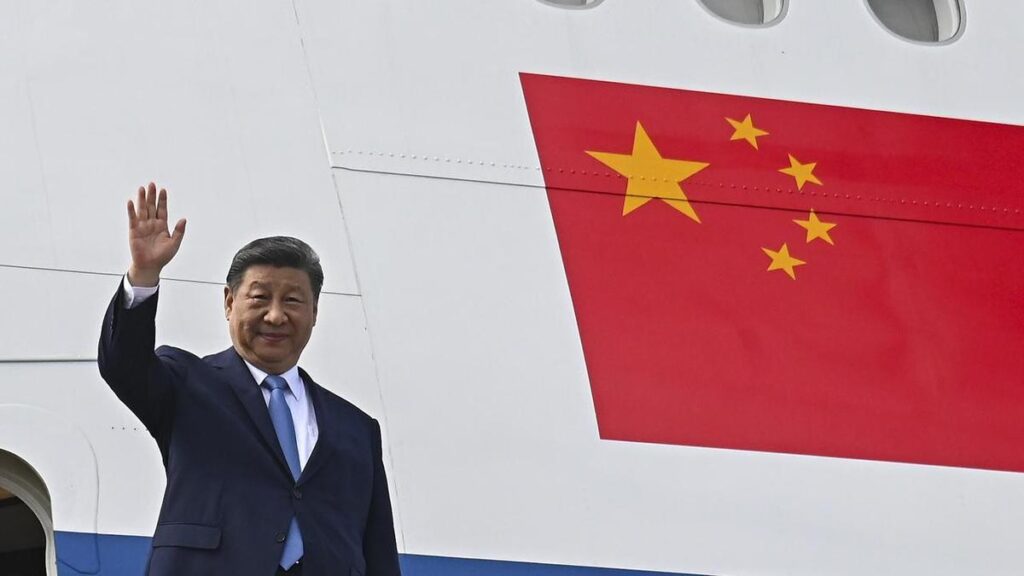
President Xi Jinping has commenced his second visit to Tibet since assuming office, marking a significant moment in the region’s political landscape. His arrival in Lhasa on April 20, 2024, comes amid ongoing discussions regarding the relationship between Beijing and the Tibetan population, which includes various ethnic minorities.
This visit is notable as Xi’s first trip to Tibet occurred in 2019, making this an important event in his presidency. The Chinese central government has emphasized the importance of integration and development in Tibet, aiming to showcase progress in infrastructure and economic growth. Xi’s itinerary includes meetings with local officials and discussions focused on further enhancing the region’s development.
Focus on Development and Integration
During his time in Tibet, President Xi is expected to highlight the government’s initiatives aimed at improving living standards for Tibetan residents. The central government has invested heavily in infrastructure projects, including roads, railways, and healthcare facilities. Official reports indicate that Tibet’s GDP has grown significantly in recent years, with a reported increase of over 10% annually.
Critics argue that while economic development is essential, it often comes at the expense of Tibetan culture and autonomy. The region has a complex history with the Chinese government, especially concerning the status of the 14th Dalai Lama and the preservation of Tibetan traditions. Advocacy groups have urged for a balanced approach that respects the unique cultural identity of Tibetans while promoting economic growth.
International Reactions and Implications
Xi’s visit has drawn attention not only within China but also from international observers. Various human rights organizations have expressed concern over the potential implications of this visit for Tibetans’ rights and freedoms. Statements from these organizations emphasize the need for dialogue and respect for Tibet’s cultural heritage.
As Xi continues his tour, the global community will be watching closely for any announcements or policy changes that may arise from his discussions in Tibet. The outcomes of this visit could have lasting effects on China’s relationship with Tibet and the broader international perception of human rights issues in the region.
In summary, President Xi Jinping’s second visit to Tibet as China’s leader underscores the government’s commitment to developing the region while navigating the intricate dynamics of cultural preservation and ethnic identity. As developments unfold, the implications of this visit will resonate well beyond Tibet’s borders.






